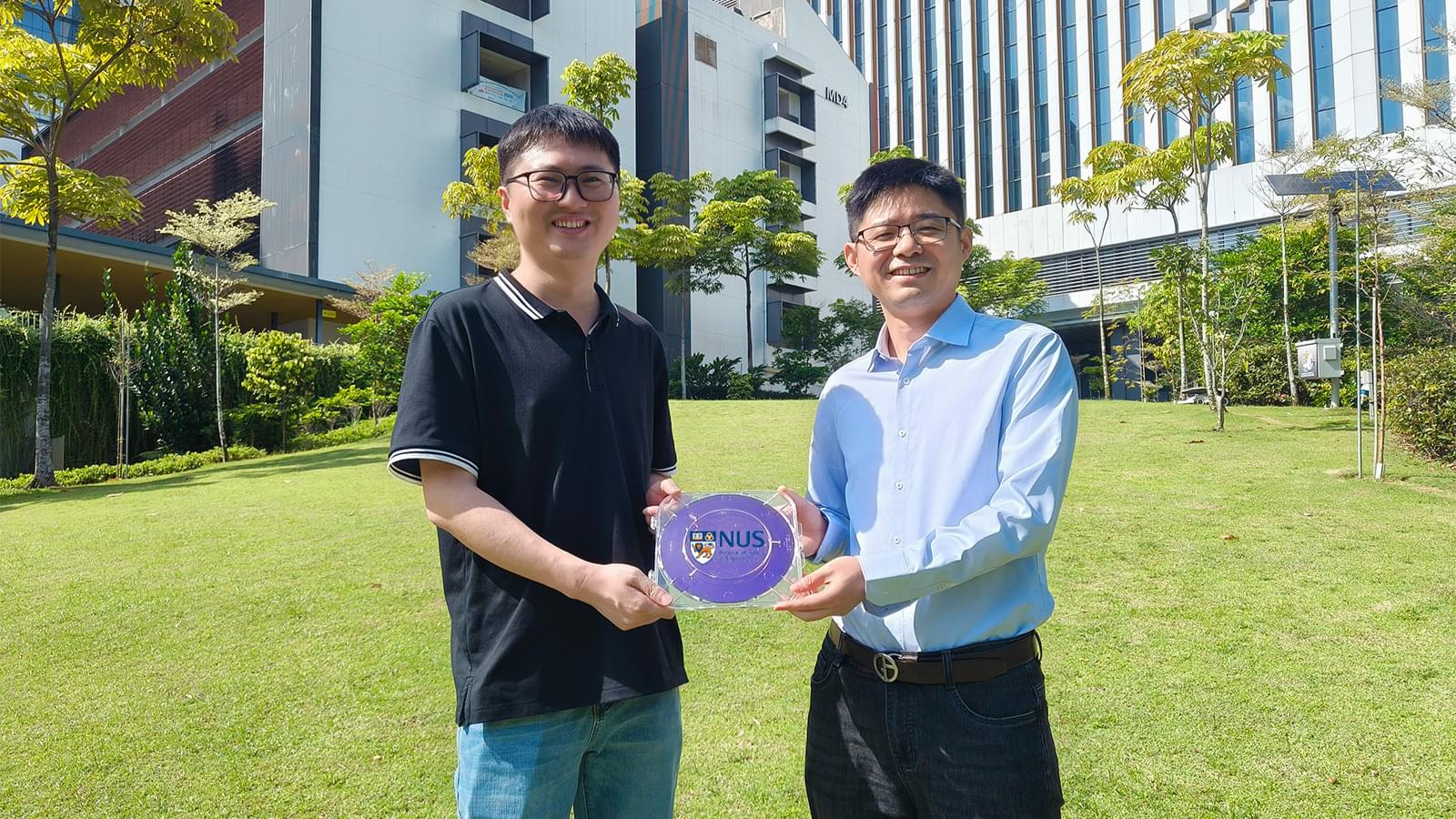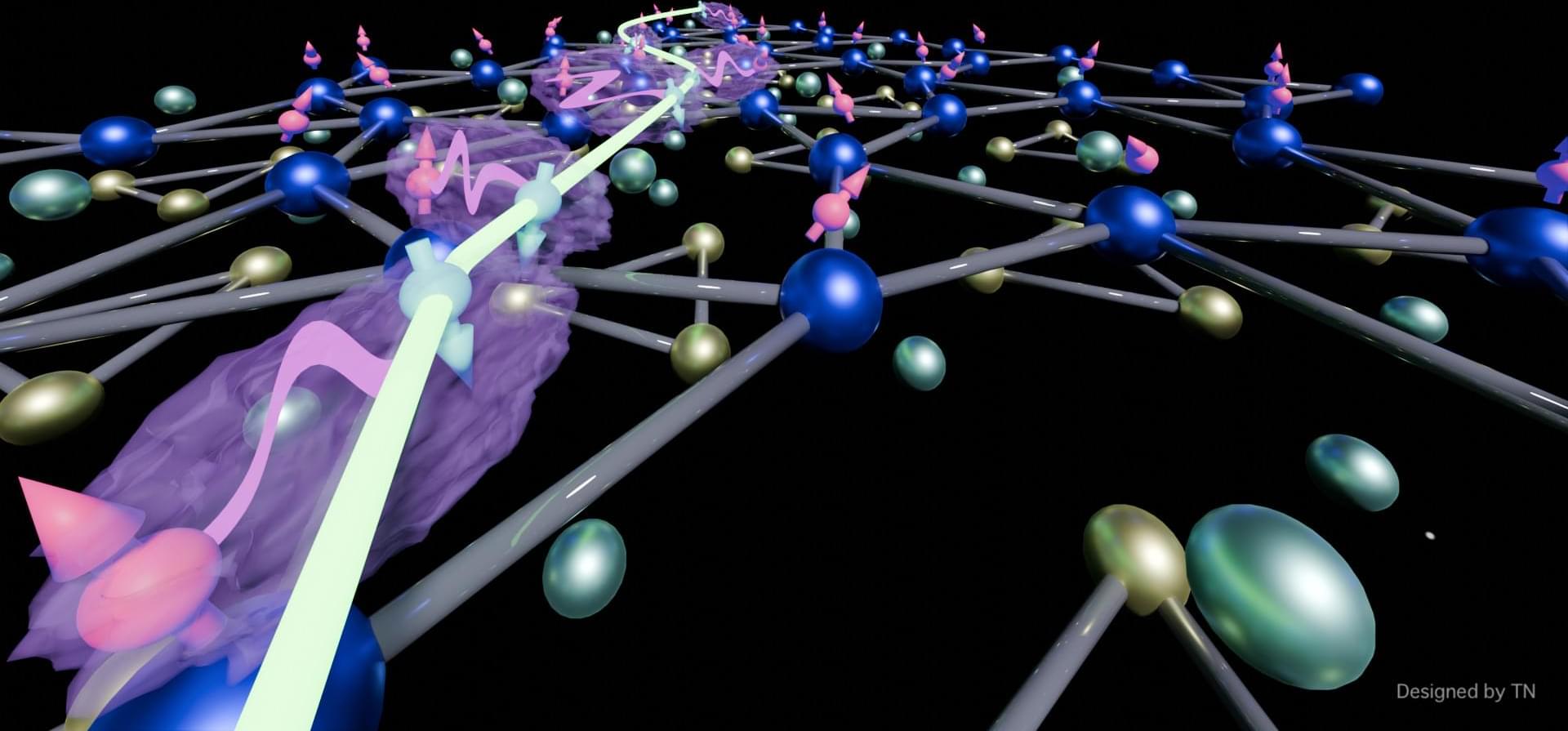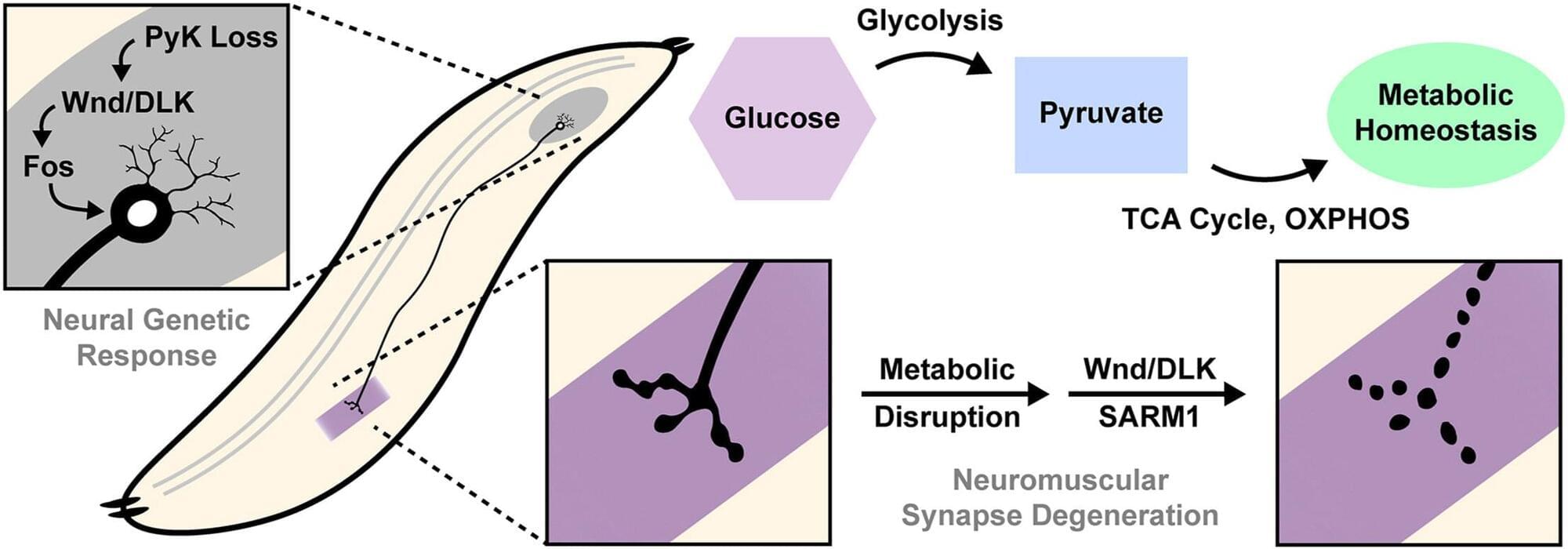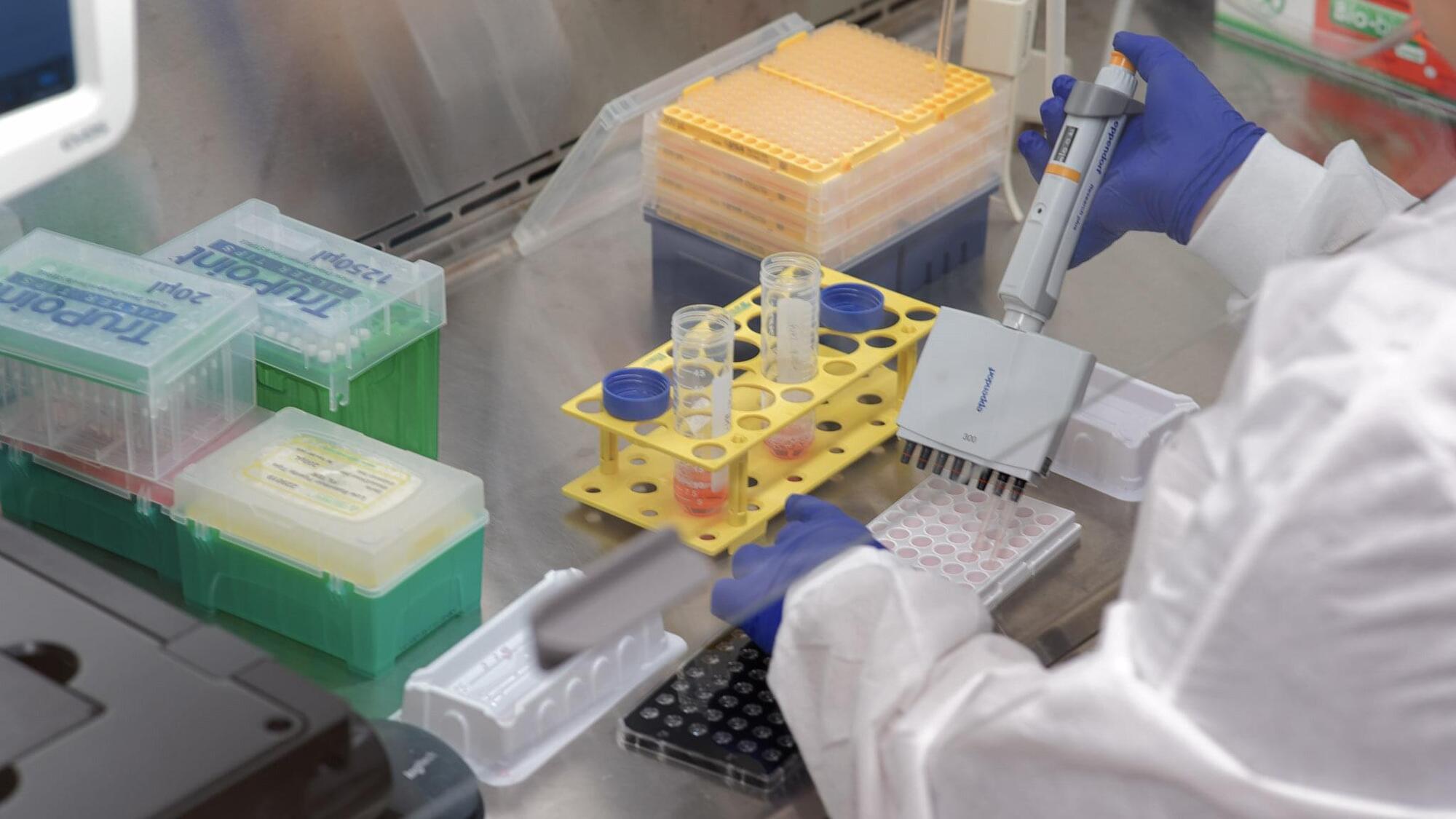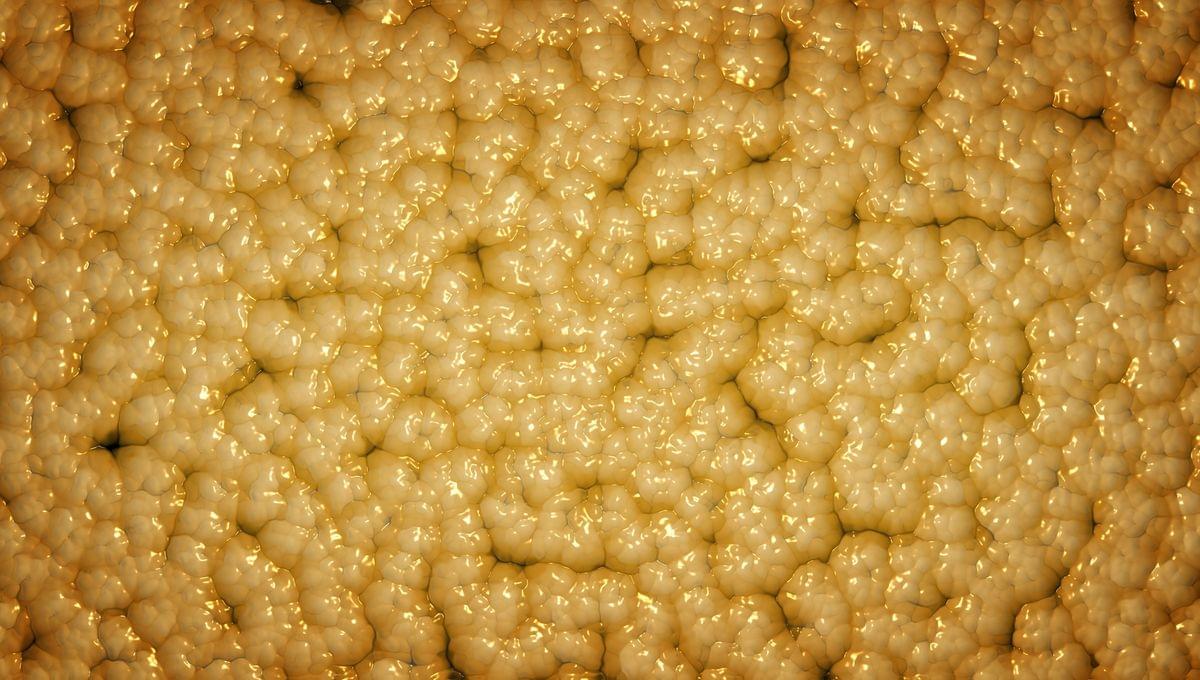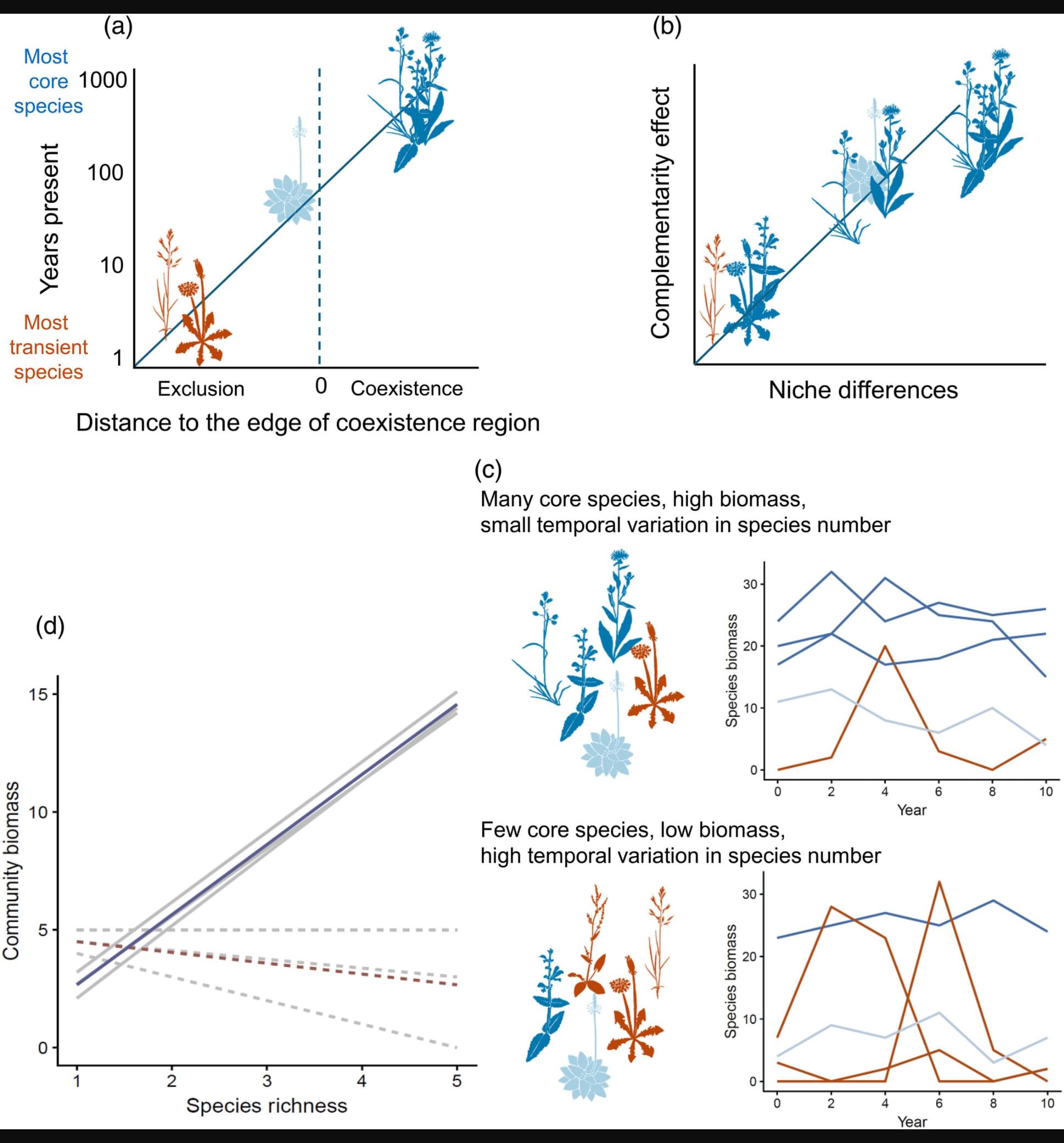Researchers from the National University of Singapore (NUS) have developed a groundbreaking carbon membrane that could revolutionise proton therapy for cancer patients, and advance technologies in medicine and other areas such as energy devices and flexible electronics.
The new carbon material which is just a single atom thick shows incredible promise in enabling high-precision proton beams. Such beams are key to safer and more accurate proton therapy for cancer treatment. The new material, called the ultra-clean monolayer amorphous carbon (UC-MAC), could outperform best in class materials like graphene or commercial carbon films.
The research was led by Associate Professor Lu Jiong and his team from the NUS Department of Chemistry, in collaboration with international partners.
